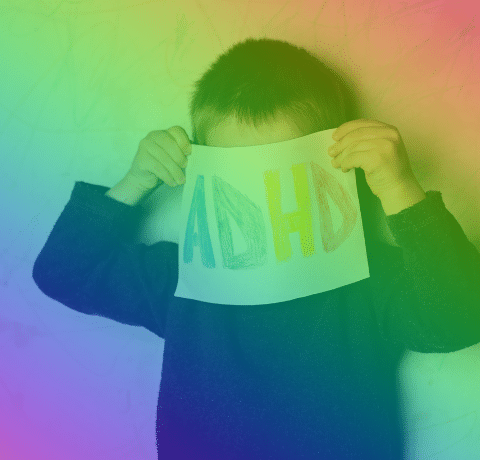ADHD or attention-deficit/hyperactivity disorder usually begins in childhood but this does not mean that only children are affected. There are many adults around the world with ADHD, and they are able to lead productive, fruitful, and largely normal lives with the help of the right medication and therapy.
ADHD is a type of disorder that makes it difficult for a person to focus or pay attention. Compulsive behaviors may also be present, and there is almost always a sense of restlessness.

While hyperactivity is seen as the number one problem with children with ADHD, and the hyperactivity tends to improve as the child matures, there are still other components of the disorder that have to be addressed: a general difficulty in paying attention, being disorganized, inability to control impulses, etc. These equally problematic symptoms of ADHD can cause many problems in adulthood if they are not managed correctly through children’s therapy.
Currently, scientists agree that any of the following factors may contribute to ADHD: genetic predisposition or heredity, the consumption of illicit substances, tobacco products, and alcohol by the mother during pregnancy, exposure to heavy metals at a young age (such as lead), having low birth weight, and in some cases, brain injury.
As you can see, the predisposing factors for ADHD, save for substance abuse and the use of alcohol and tobacco products, are largely beyond the control of the parents, so this is one event in your family life that simply has to be remedied with the right treatment and therapy.
Children’s play therapy (ADHD) can help families cope with the condition and help the child adapt to his/her environment better, which is necessary for easier adult life.
Treatment for ADHD is often accompanied by medication, however, the other half of treatment and recovery, play therapy, can only be gained if you are willing to put in the necessary time and effort to help the child living with ADHD. In other words, parents play a central part in the treatment and recovery process. Parents of children and teenagers will be taught the essentials of the disorder, how it affects their children, and what they can do to help their children and teens stay organized and focused.
Children with ADHD can focus and get better with a little help – you just need to have the right strategies in place. Also, not all children are alike. Not all children learn from a cookie-cutter approach in teaching. Some progress faster than others and this is okay – we are all unique and you’d be surprised at how talented, loving and proactive your child can get when he/she no longer feels alienated and frustrated by his/her inability with focusing and getting things done at home, school and in other social settings.
We have a strong professional network that is available to participate in the coordination of your care; from medication therapy to parenting classes, anger management, family conflicts, romantic relationship stress, and transitional coaching.